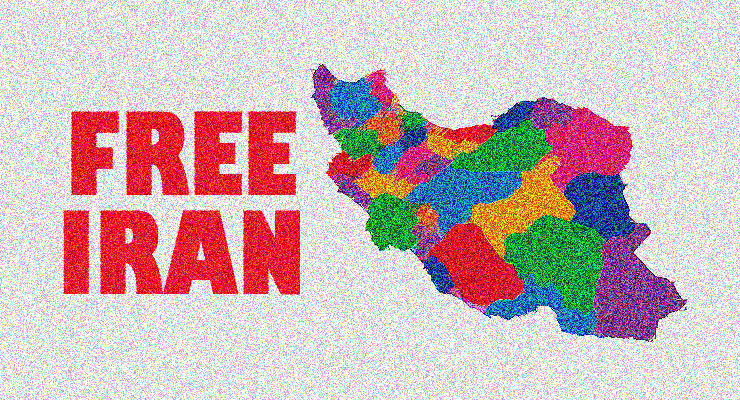Iran says it has arrested more suspects in a crackdown against profiteering from an economic crisis triggered by the recent re-imposition of U.S. sanctions against the country.
Iranian state news agency ISNA said Iran’s judiciary spokesman told reporters on Monday that authorities have arrested 100 people in recent cases of fraud involving currency, gold, imported vehicles and imported mobile phones. ISNA quoted Gholamhossein Mohseni-Ejei as saying 32 of those arrested have been charged by prosecutors. He expressed hope that Tehran’s Revolutionary courts will begin hearing the cases next week.
In earlier remarks broadcast by state television on August 12, Mohseni-Ejei said 67 people had been arrested in the corruption crackdown approved by Supreme Leader Ayatollah Ali Khamenei the day before. It was not clear if Mohseni-Ejei’s latest figure of 100 arrests includes the 67 arrests previously announced or represents entirely new cases.
In his Monday remarks, Mohseni-Ejei said most of the 100 arrested suspects were being detained, implying that some had been released on bail.
Iran launched the crackdown to try to stabilize its currency, which weakened to a record low against the dollar in unofficial trading last month on concerns about the re-imposition of U.S. sanctions. In an August 7 move, Washington re-introduced sanctions against Iran’s dollar-denominated financial transactions, its automotive sector and its purchases of commercial planes and metals, including gold.
Ayatollah Khamenei responded to the currency crisis by issuing an August 11 statement ordering Iran’s judiciary to punish Iranians who exploit the situation through corruption “swiftly and justly.” Judicial officials had sought his approval to set up special courts empowered to use faster legal proceedings and tougher punitive measures.
But some people in Iran who recently spoke to VOA Persian’s Straight Talk call-in show said they believe authorities are not going after well-connected Iranians who they see as profiting the most from the economic crisis. Those callers said they see Iranians with ties to the nation’s Islamist establishment as enjoying immunity from prosecution.
President Donald Trump said in May he would re-impose several sets of sanctions against Iran as part of his withdrawal from a 2015 nuclear deal between Tehran, his predecessor and five other world powers. Trump said he wants a new deal that would permanently block Iran from developing nuclear weapons and stop its other perceived threatening activities. Iran denies seeking to develop nuclear weapons.
This report was produced in collaboration with VOA’s Persian Service.

Leave a Reply